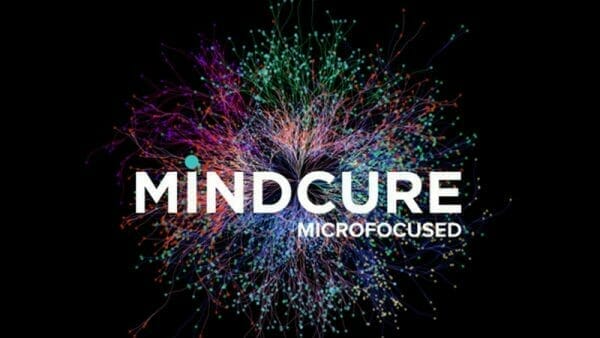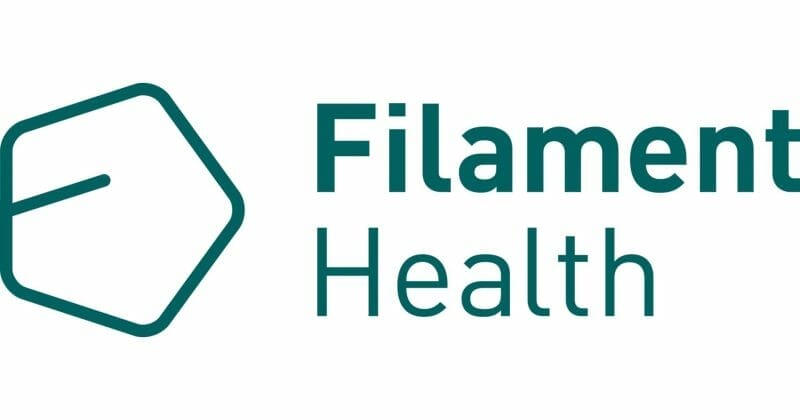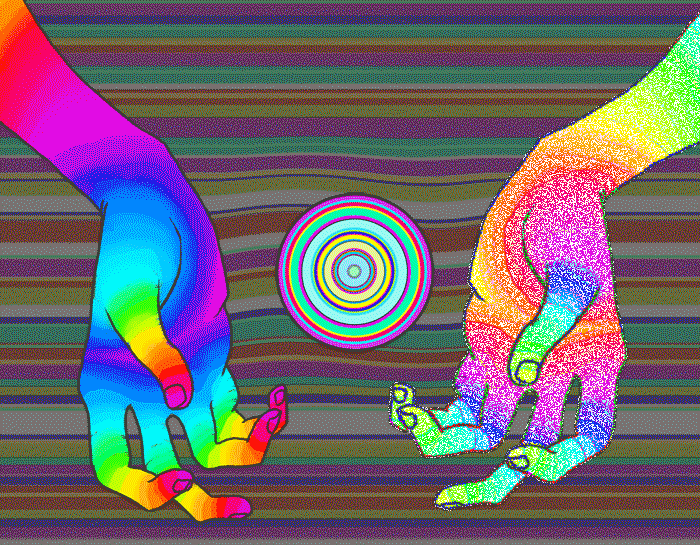
The Bare Naked Ladies made “if I had a million dollars,” famous, as they tunefully explained what they would do with their riches. However, in the post-crisis everything bubble, that speculative fantasy no longer bears the same relevance and needs to be ramped up insanely to have any impact.
As a thought experiment, let’s pretend I possess the ill-gotten worth of self-described sires of society such as Musk, Bezos, Zuckerberg and Dorsey, and as a well-heeled public market parasite, have a billion dollars just lying around to spend as I wished in the psychedelics sector.
Psychedelics has fallen prey to the same evil plaguing most private equity corrupted ventures that continue to power Silicon Valley. More hype and predictions than performance, the space has its share of billion-dollar babies rotting on the vine.
So, to keep my fictional investment from producing another monstrosity, I am going to spread it around according to the following criteria:
Unique Social Good
Mental illness is an invisible injury, ill-treated and maligned for most of recorded history and has only received serious consideration in the latter half of the 20th century. Anxiety disorders are the most common conditions of mental health affecting 40 million adults in the U.S. alone. That’s over 18% of the population. Depression impacts over 17 million adults in the U.S. and 264 million people worldwide.
Beyond destroying a patient’s quality of life, these conditions cost the global economy $1.0 trillion USD per year, while poor mental health in general, from addiction to schizophrenia is projected to cost the global economy $6.0 trillion per year by 2030.
Since everybody and their proverbial dog in the psychedelics space is working to treat anxiety and depression, that market is going to be incredibly tight with little margin. Don’t get me wrong, this is a necessary and admirable pursuit, but if you’re looking for value growth, it would be better to examine niche ventures.

Speaking of which, Mind Cure Health (MCUR.C) is a Canadian pharma firm whose mandate includes developing a MDMA-assisted psychotherapy for female hypoactive sexual desire disorder (HSDD). HSDD may affect up to one-third of adult women in the U.S. alone and 10% of women globally.
Beyond physical issues such as sexual problems, disease, medications, lifestyle habits, surgery, and fatigue as well as hormonal changes like menopause and pregnancy and relationship troubles, HSDD may also be rooted in mental health conditions such as anxiety and depression.
Mind Cure intends to address this little-discussed market segment. The company, headed by Kelsey Ramsden, will hit the ground running in 2022. As of August 31, 2021, it had $15 million in the till and a diverse product/service portfolio. Besides the treatment of HSDD, Mind Cure is focused on developing a synthetic version of the ibogaine molecule and a digital therapy platform, iSTRYM.
Since the regulation and legalization of psychedelics assisted therapies are in up in the air with treatments in Canada coming under specifically written code exemptions handed out by authorities on a case-by-case basis, Ramsden has put the company’s efforts into commercializing its agnostic digital platform over the next 12 months. This will produce much-needed near-term revenue and abide by Ramsden’s cash-is-king philosophy.
Tax loss season and a sector reality trough has normalized SP for Mind at $0.19 CAD per – a 71.64% drop from its trading high of $0.77 in January 2021. There may be more of a slide before the company picks up momentum in 2022, but considering its assets and potential, this may very well turn out to be a basement entry growth opportunity for the value investor.
I like Ramsden’s no-nonsense approach and would trust her leadership with $200 million to facilitate the commercialization of iSTRYM. I feel she would capitalize on the investment and create a revenue stream that would propel the company the rest of the way in its drug development.
You may also want to look at other companies like NeonMind Biosciences (NEON.C) who are developing psilocybin-assisted therapies for the treatment of obesity or Universal Ibogaine (IBO.V) who seeks to create ibogaine-assisted therapies for the treatment of addiction. Look for the outlier.
Novel IP
Natural psychedelics have a well-established history in ritualistic healing, but the anecdotal evidence, dosage inaccuracies and strong placebo effect won’t cut it in a clinical trial for an effective modern-day treatment of mental health conditions.

Some companies are attempting to solve this problem through synthetic molecule development, but Filament Health (FH.NEO) is a proponent of natural ingredients and the associated entourage effect.
Through proprietary extraction methods and novel drug delivery platforms, the company is working to create clinically accurate compounds and dosage levels while increasing bioavailability of their drug candidates. Filament’s strength is in its IP and is the first public company to be issued a patent for the extraction of natural psilocybin with more patents filed for extraction, purification, standardization, compound stabilization and delivery of natural psychedelics.
Filament also awaits FDA approval for the Phase II trial of its lead candidate, PEX010, for the treatment of Major Depressive Disorder. It’s GMP facility possesses a Health Canada Dealer’s License through its wholly owned subsidiary, Psilo Scientific. This certification enables the company to conduct human trials in-house as well as accelerate product and IP development.
These strengths are offset by some notable weaknesses. Drug development is a costly affair and the company only had $6.4 million in cash as of September 30, 2021. It will need raise more money before it can bring its offerings to market.
Fundraising will be difficult considering its high share count. With 165 million outstanding shares, and a sizable dilution potential involving outstanding warrants and options, shareholders may not be conducive to more equity financing and increasing debt is inherently dangerous.
Not to say that the company won’t be able to meet its milestones as is, but I would drop $50 million so the company can buy back and retire at least half of its shares, then I would invest another $100 million so it can complete its R&D.
Other IP-based companies you may want to consider are PharmaTher Holdings (PHRM.C) and Psychemedics (PMD.Q).
Ground-breaking Science
Much of the discussion in psychedelics-assisted treatment revolves around the guided hallucinatory trip as the key, but research has begun to point at a different therapeutic causal point. Neuroinflammation has been found at the base of many neurological conditions from depression to Alzheimers, yet many psychedelics market participants are still focused on the ritual holistic approach created eons ago by wise women and shamans.

MYND Life Sciences (MYND.C) is a Canadian company based out of Kelowna, British Columbia, following a new path to transform treatment from ancient therapies to 21st century clinical science. In researching the Human Mycogene, MYND is working to firmly establish the effectiveness of psychedelics anti-inflammatory characteristics in treating the somatic manifestations of depression and anxiety.
This will enable psychotherapists to help patients deal with the mental components of their illness without the potentially damaging aspect of life-altering hallucination.
One of the issues with the entourage effect of psychedelics is that research and outcomes have been skewed toward mentally stable individuals who are comfortable enough to volunteer for testing. This closed system doesn’t consider the possibility that the psychedelic trip may in fact push the subject further into their mania and even permanently release their grip on reality.
Stripping this side-effect down to what researchers are now identifying as the root treatment property of psychedelics opens a whole new world of possibilities for mental health treatments. Steeped in good science and working with world-class research scientists at the Michael Smith Laboratories based at the University of British Columbia, the company has 38 licenses for the study of 38 different analogues of psilocybin.
MYND Life Sciences has a three-pronged business model built on diagnosis, treatment and protection and has a near-term revenue model of developing and distributing biomarker detection kits capable of producing test results directly from dried blood samples or other bodily fluids making it significantly simpler and more cost effective than current biomarker testing. It intends to commence commercialization in labs in H2 2022.
The company’s two lead drug candidates, MYND-604 and MYND-778 are in clinical trial development with IND application expected in Q2 2022 and Phase II clinical trials are anticipated to begin in the third quarter of 2022. Clinical trials capital expenditure for both candidates is estimated to come in at $7.5 million per trial.
MYND has a tight share count with 49.36 million total diluted shares outstanding. Unfortunately, the company doesn’t have a lot in the kitty reporting $117,254 in cash as of July 31, 2021. That said, the company has received some small cash government grants since. However, with trials at the aforementioned costs, they will definitely need to raise capital to get through.
I like the company; I like the management and I like the science. Therefore, if I had the money, I would inject $50 million into their till and another $100 million to advance research and commercialize the result.
The remaining of my billion dollars would go to academic research and government lobbying. There you have it. As I said, this is just a thought experiment as I don’t have billions of dollars to throw around for kicks and I don’t think any one individual should. This isn’t some moral argument; it has to do with a healthy economy and movement of money.
–Gaalen Engen


Leave a Reply